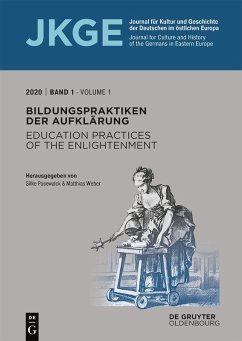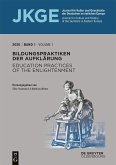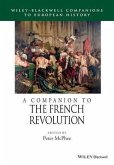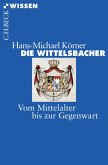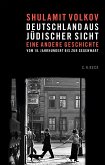The first issue of the newly designed Journal for Culture and History of the Germans in Eastern Europe (JKGE) addresses the specific conditions of education practices and education processes in the era of Enlightenment in Eastern Europe and its pluricultural and multilingual regions. Research on the Enlightenment period and on 'entangled history' has recently gained a more global focus, and this has foregrounded questions of transfer, translation, networking, interferences, asynchronicity and ambivalence. Were educational practices guided by rationality or by a spirit of colonialism, or somewhere along the spectrum between these? To what extent did the structures of authority exercise an influence on educational initiatives and practices, especially those in popular education? How did the multiconfessional context of Eastern Europe affect the transition from religious education to strongly rational ways of organizing knowledge and education? Researchers from Germany, Estonia, Austria, Poland, the Czech Republic and Hungary focus on aspects of education practices in politics, science, education, church life and culture.
Dieser Download kann aus rechtlichen Gründen nur mit Rechnungsadresse in A, B, BG, CY, CZ, D, DK, EW, E, FIN, F, GR, HR, H, IRL, I, LT, L, LR, M, NL, PL, P, R, S, SLO, SK ausgeliefert werden.
Hinweis: Dieser Artikel kann nur an eine deutsche Lieferadresse ausgeliefert werden.

